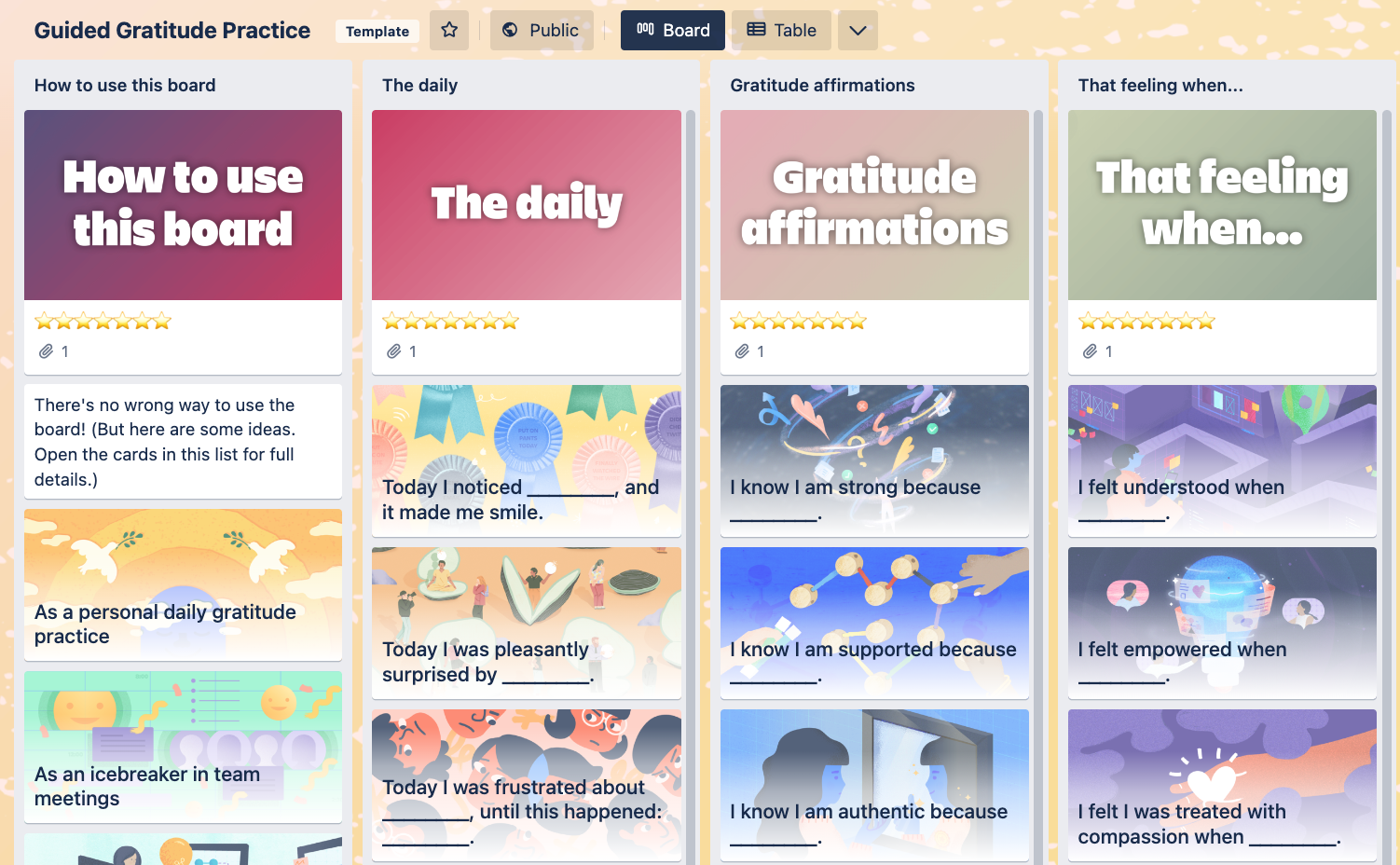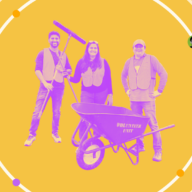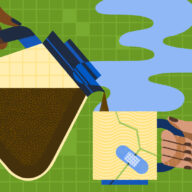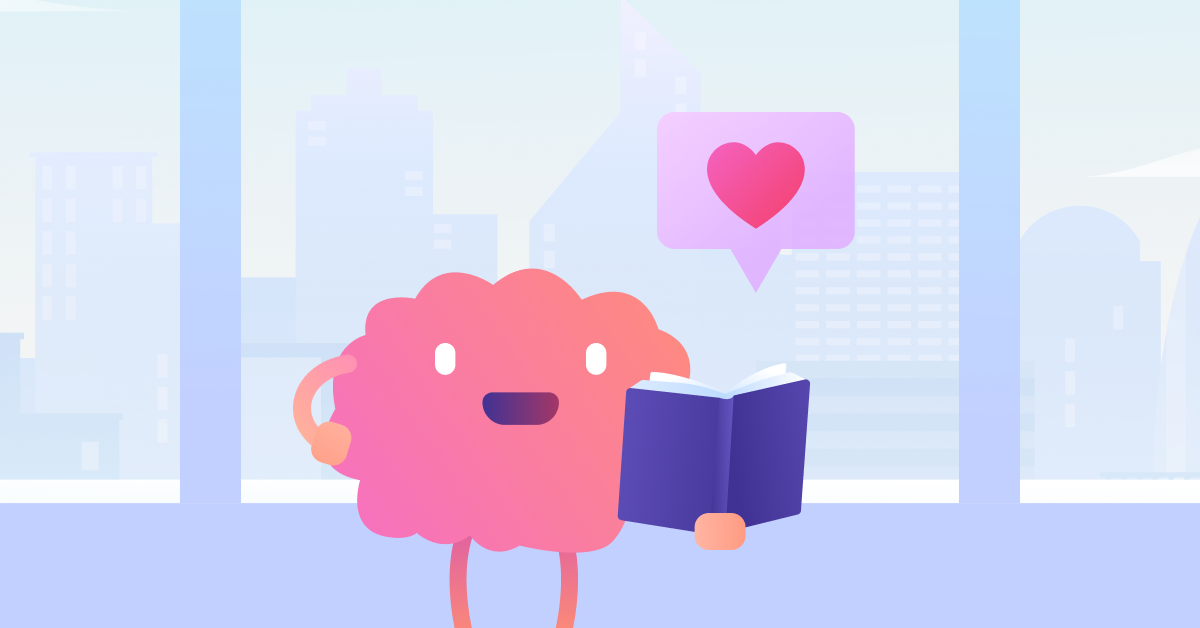Cultivating kindness at work boosts productivity, motivation, and even retention, according to recent research. Use these simple strategies to inject some good vibes into your team interactions.
As one of the first lessons you learned in life, being kind to others may be something you take for granted. But research shows that kindness has tangible value across many aspects of life–and that value includes business value.
“There is now a plethora of data showing that when individuals engage in generous and altruistic behavior, they actually activate circuits in the brain that are key to fostering well-being,” explains Richard Davidson, author and founder of the Center for Healthy Minds at the University of Wisconsin.
When those positive feelings carry over to the workplace, things get even more interesting. A study reported on by KindCanada.org, found that employees who experienced frequent doses of kindness of work had:
- 26% more energy
- 36% more job satisfaction
- 44% greater commitment to their organization
- 30% greater motivation to learn new skills and ideas
The science behind kindness
When you’re kind to someone—even to yourself—your brain releases serotonin and dopamine. These are feel-good neurotransmitters, causing your brain to light up with satisfaction, pleasure, reward, and well-being.
Those reward signals are so powerful that they can trigger a chain reaction in interactions with other people. One study found that employees who were treated kindly were 278% more generous to coworkers compared to a control group. So if you’re thanked for a job well done, then you’re more likely to pay it forward by complimenting someone else.
The 7 days of kindness experiment
Oxford University and Kindness.org ran a study to quantify the value of kindness. They found that just seven days of small, random acts of kindness were enough to bring significantly more joy to the study participants’ lives. And the more acts of kindness people were exposed to, the greater the benefits.
Seven days of small, random acts of kindness bring serious changes to your life (and work life).
It just takes one person on your team to set the tone and model kind behavior for everyone. Once you’ve set that baseline, you can work together as a group to weave kindness into your meetings, daily work life, and workplace culture.
Challenge your teammates to commit to seven days of practicing random acts of kindness and see how it impacts productivity and morale.
Create a culture of kindness
Starting with seven days of random acts of kindness can be the first step toward creating a culture of kindness. To go even further:
- Get inspired by even more ideas for random acts of kindness from the Random Acts of Kindness organization
- Use Trello’s Guided Gratitude Practice template to document and share those positive feelings

- Assign and rotate weekly kindness leaders on your team
- Challenge yourself and your team to keep up the kindness at work and at home
- Dedicate a few minutes of team meetings to kindness (give kudos, treats, and progress updates)
- Start every one-on-one meeting by complimenting the other person on something that went well
- Have team members write down each daily act of kindness they did in a Trello note and make a Trello Board that showcases kindness in the office
- Show your appreciation to others through kudos, celebrations, gifts, and acknowledgement
- Inspire other teams and departments to do the same
- Write kindness into your company policies and philosophy
Thinking bigger than small, random acts of kindness
Entrepreneur James Rhee gave a powerful TED talk on the value of kindness at work, in which he shared how kindness became such an important part of his organization’s culture and business philosophy.
Inspired from the top down, goodwill and kindness connected his company leaders, employees, and customers. Kindness set the tone for their branding, customer service, sales, marketing, and internal communications. Everything. It was infectious and even saved the company from bankruptcy.
“We had the courage to establish a culture of kindness in the workplace,” Rhee said. “It was a strategic priority day in and day out—and yeah, there were moments as individuals we failed. But as a collective, we were very successful in changing attitudes about the transformative power of kindness at work.”
Make it your philosophy to be kind at work and in life. Be kind to yourself and to others. Start with just seven days of small, random acts of kindness and see if it inspires you and others to do the same.





 )
) 




































